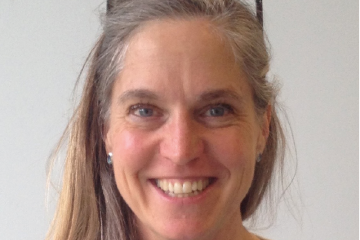Fellowship
Modelling radiobiology effects of X-rays in small laboratory animals to develop guidelines for preclinical computed tomography imaging

At a glance
Completed
Award date
April 2020 - July 2022
Grant amount
£126,846
Principal investigator
Dr Wendy McDougald
Institute
University of Edinburgh
R
- Refinement
Read the abstract
View the grant profile on GtR
